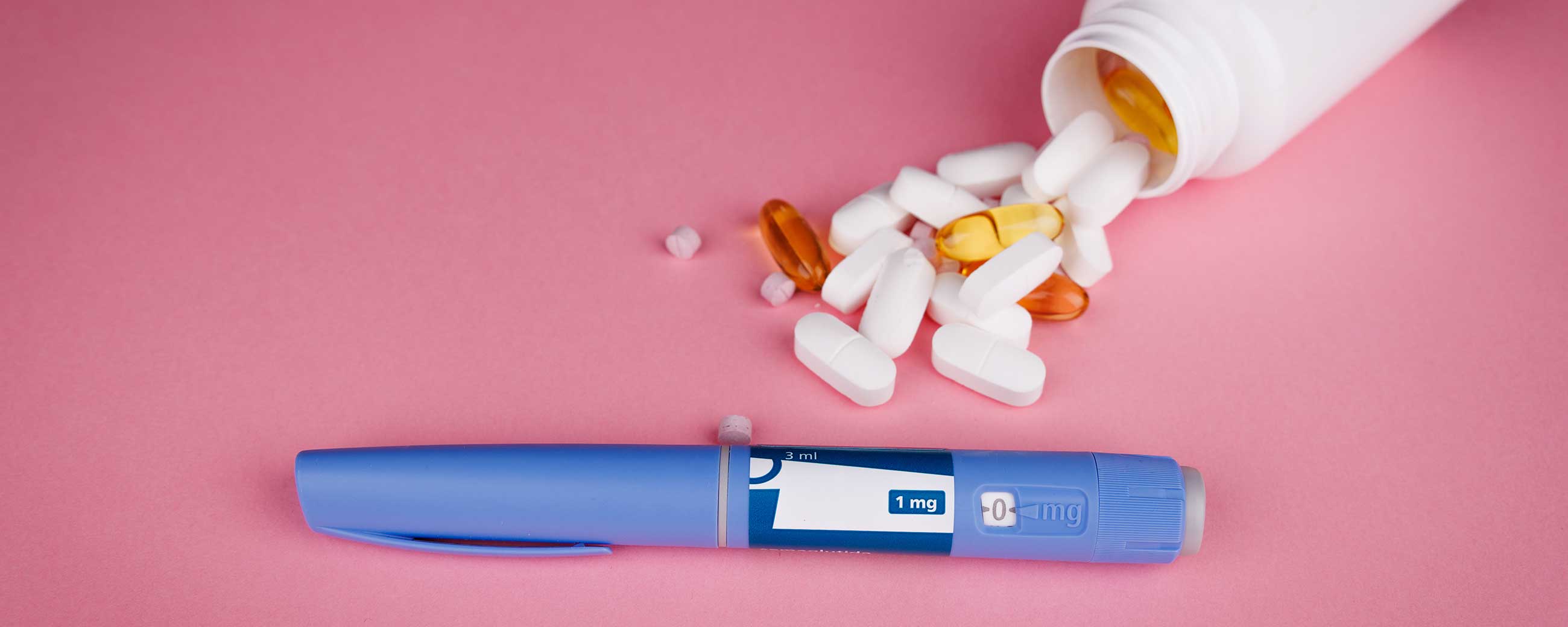
Blood Sugar and Alcohol: What People With Diabetes Need to Know

Here’s what you need to know about drinking if you have diabetes.
Reviewed by Virta Medical Affairs
Everyone should be mindful of how much beer, wine or liquor they consume, but it’s doubly true for people at risk of type 2 diabetes. So can people with diabetes drink alcohol? It depends. For many, an occasional drink in moderation can be okay, like the Crown Royals that Virta Health member Michael enjoys, certain types of cocktails made with low carb mixers, or even a glass of dry wine over Passover.
But you need to be mindful. Here’s what you need to know about alcohol and diabetes.
How does alcohol affect blood sugar?
Does alcohol raise blood sugar? Or does alcohol lower blood sugar?
The answer is surprising: it does both.
When you drink alcohol, your blood sugar can initially spike if it contains carbs. As your body releases insulin, your liver begins trying to metabolize the sugar and alcohol that have been released in your bloodstream. Where things get weird is that when your liver has to choose between metabolizing alcohol and sugar, it will choose detox first, which can cause blood sugar to drop.
Drinking alcohol can cause an initial spike in blood sugar, followed by a sharp decrease.
So, drinking alcohol can cause an initial spike in blood sugar, followed by a sharp decrease. That can be dangerous for people with type 2 diabetes (especially those on medications like insulin and sulfonylureas) because the symptoms of both hypoglycemia (low blood sugar) and drunkenness can feel similar: disorientation, shakiness, difficulty concentrating, headache, etc
Can people with type 2 diabetes drink alcohol?
Ultimately, whether or not it is safe for you to drink when you have type 2 diabetes should be based on doctor’s guidance. And for those with a history of alcohol dependence, it is strongly advised to avoid it altogether.
However, we at Virta Health would generally recommend limiting or avoiding alcohol if you are trying to reverse your diabetes. When alcohol is consumed, the burning of other macronutrients is put on hold for several hours, which can slow weight loss and overall health goals. Heavy drinking can contribute to a number of other diabetes-related conditions, including ketoacidosis, a serious life-threatening complication.
If you do choose to drink when you have type 2, here are some tips on how to do so conscientiously:
- Check with your doctor first. Ask your primary care provider or endocrinologist how alcohol may impact your diabetes.
- Pay attention to the serving size. One serving of alcohol equals 5 ounces of wine, 12 ounces of beer and 1.5 ounces of liquor. Keeping the total low is best for overall health.
- Don’t drink when your blood sugar is low or on an empty stomach. Doing so can worsen your symptoms.
- The type of alcohol matters: Avoid beer, sugary cocktails and sweet wines. Very light beers may be okay. Watch out for mixers like tonic, soda and juices, which add sugar.
- Play it safe. Set a limit for yourself based on your conversation with your doctor and stick to it. Ask a family member or friend to hold you accountable. And be sure you have a safe way to get home, such as a friend or ride-share service. Never drink and drive.
The Takeaway
If you have type 2 diabetes, you can have the occasional drink, but it’s important to have a discussion with your doctor and drink in moderation because of what alcohol does to your glucose levels. It’s also worth remembering that drinking any amount of alcohol may potentially stall your weight loss and your overall goal to reverse your type 2 diabetes.
Got more questions about how to lead a healthy lifestyle with type 2 diabetes? Virta Health may be able to help. By making healthy lifestyle changes in a medical setting with supportive resources like 1:1 virtual coaching, you can regain control of your health and feel like yourself again. See if you’re eligible for Virta Health here.
This blog is intended for informational purposes only and is not meant to be a substitute for professional medical advice, diagnosis, or treatment. Always seek the advice of your physician or other qualified health provider with any questions you may have regarding a medical condition or any advice relating to your health. View full disclaimer
Are you living with type 2 diabetes, prediabetes, or unwanted weight?








